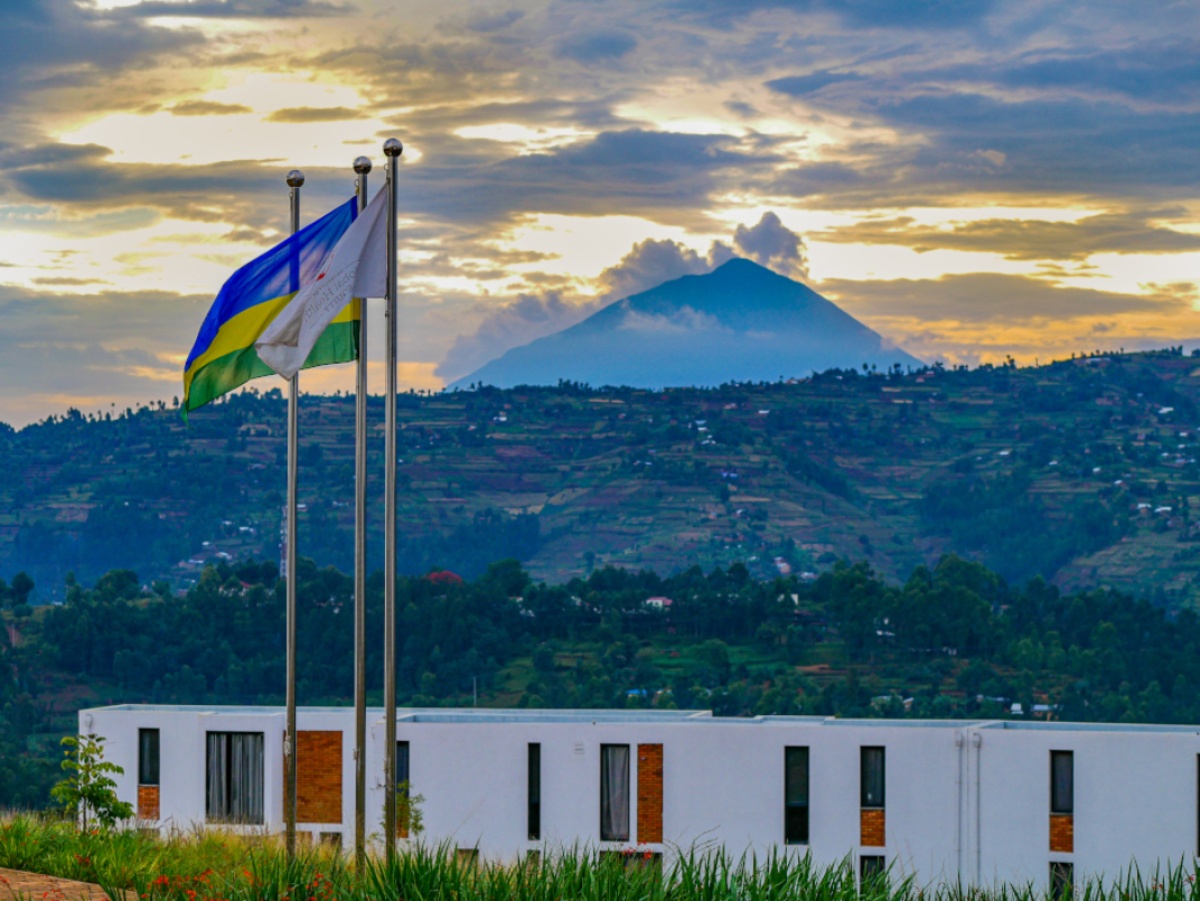UGHE Medical School Earns Regional Accreditation
The recognition will strengthen school’s impact, collaboration
Posted on Oct 12, 2022

The University of Global Health Equity (UGHE) in Rwanda has earned regional accreditation for its medical school, furthering its mission to radically transform global health education and care delivery.
The university was accredited following an inspection by the East African Community (EAC), an intergovernmental organization comprised of seven states: Rwanda, Uganda, Tanzania, Kenya, the Democratic Republic of the Congo, Burundi, and South Sudan.
The EAC’s Council of Higher Education inspected UGHE’s campus in Butaro, Rwanda in September, along with its teaching hospital, Butaro District Hospital.
The accreditation paves the way for UGHE to deepen its collaboration with regional and international institutions and affirms its standing as a leader in global health education.
“UGHE is proud to be among the universities in Rwanda with the EAC regional accreditation and this will go a long way in extending our unique educational pedagogy,” said UGHE Vice Chancellor Dr. Agnes Binagwaho.
UGHE was founded by Partners In Health in 2015, in collaboration with the Rwandan Ministry of Health. The School of Medicine opened in 2019, offering a bachelor’s level medical degree coupled with a master’s level global health degree.
With comprehensive classes, intensive clinical internships, and hands-on practicums, the school trains the next generation of doctors, nurses, and global health leaders to deliver medical care rooted in social justice.
And that education isn’t limited to a classroom—the campus extends to Butaro District Hospital, where students put their skills into practice, and to the rural communities in Butaro, where Partners In Health, known locally as Inshuti Mu Buzima, has provided medical care and social support for more than 15 years.
After graduating, students serve six to nine years with the ministries of health in their home countries—service commitments that place them in underserved communities ranging from rural areas to refugee camps.
This is all part of the university’s strategy to upend inequities in global health, a field that has historically excluded doctors, nurses, scholars, and other leaders from the Global South. With each graduating class, UGHE seeks to shift the center of gravity from where it has traditionally been, within higher-income countries, to lower-income countries—specifically, within Africa.
The continent bears 27% of the global burden of disease but has just 1.7% of the world’s doctors. UGHE students come from all over Africa, with the most recent cohort representing more than 23 countries.
UGHE’s mission—to level the playing field in global health—has earned it international recognition. In February, the university was highlighted by the United Nations’ education agency as a model for global health education.
The accreditation comes as the latest evidence of the university’s far-reaching impact.
“UGHE continues to create a cradle of unique solutions that drive systemic change, in a way that others have not,” said Binagwaho, “based on our principle that equity in quality health services delivery starts with equity in access to quality education.”

